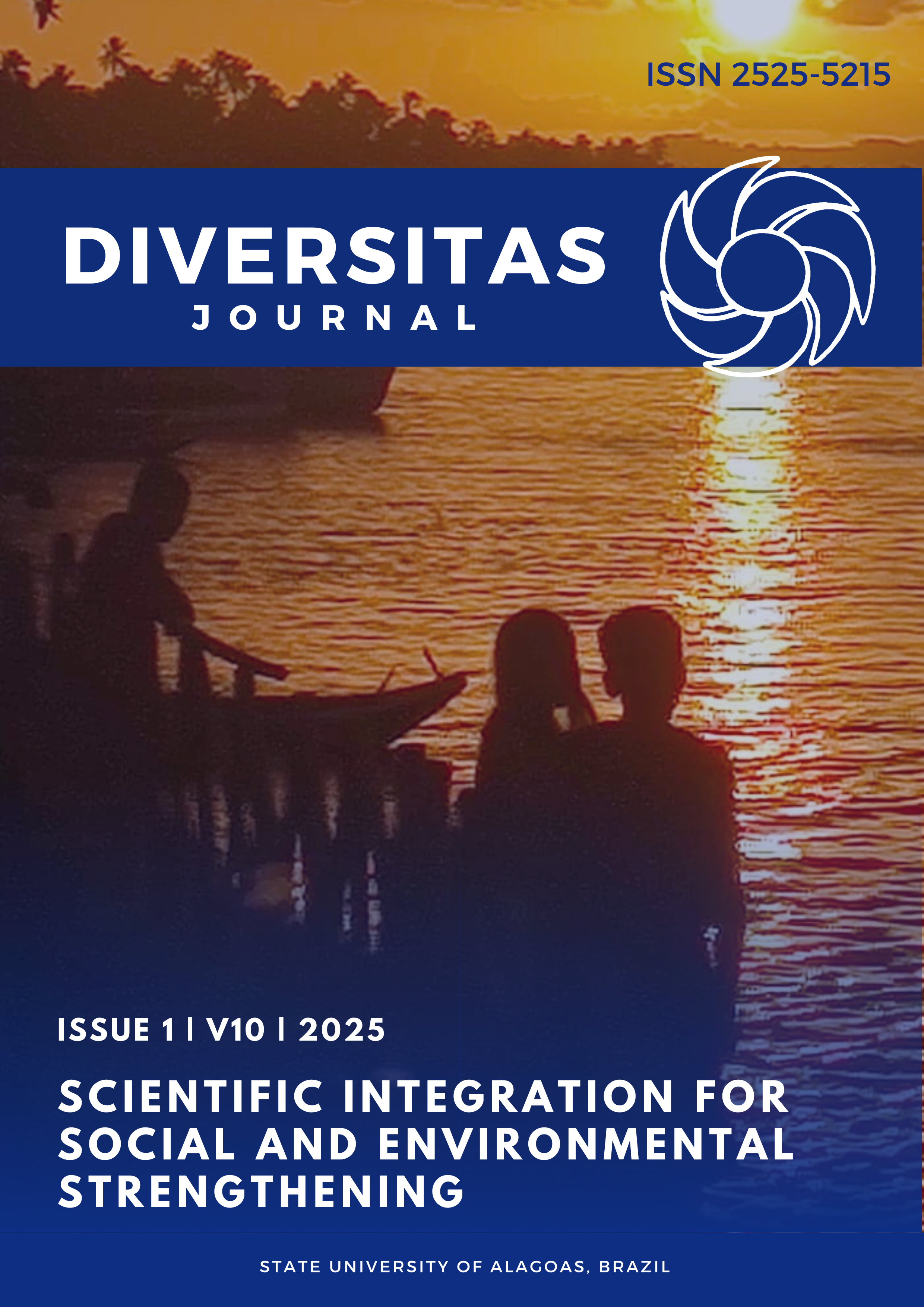From Pierre Bourdieu's Theory of Scientific Field to Harry Collins' Theory of Expertise
DOI:
https://doi.org/10.48017/dj.v10i1.2625Keywords:
Scientifc Field Theory, Theory of Expertise, Sociology of Science,, Philosophy of Science, Scientific KnowledgeAbstract
This essay aims to understand the dynamics on scientific knowledge in contemporary sociology science, analyzing distancing and approximation on Pierre Bourdieu Scientific Field Theory and Harry Collins Theory of Expertise. For this purpose, a brief analysis of the history of sociology and philosophy of science in the 20th century is presented in the first moment of this paper. Later, an epistemological rupture brought by “Programa Forte” is highlighted considering Thomas Kuhn ideas on that matter. For the second moment of this study, Pierre Bourdieu main propositions are presented, as well as the empirical program of relativism and the scientifical discussion over the experts on Harry Collins perspective.
Metrics
References
Bloor, D. (2008). Conhecimento e imaginário social. (M. A. Penna-Forte, Trad.). São Paulo: UNESP.
Bourdieu, P. (1989). O poder simbólico. (F. Tomaz, Trad.). Rio de Janeiro: Bertrand Brasil.
Bourdieu, P. (2002). Esboço de uma teoria da prática: precedido de três estudos de etnologia Cabila. (M. S. Pereira, Trad.). Portugal: Celta.
Bourdieu, P. (2009). O senso prático. (M. Ferreira, Trad.). Petrópolis: Vozes.
Bourdieu, P. (2013). Homo academicus. (I. R. Valle & N. Valle, Trads.). Santa Catarina: UFSC.
Bourdieu, P. (1983). O campo científico. In R. Ortiz (Org.), Bourdieu – Sociologia (pp. 122-155). São Paulo: Ática.
Collins, H. (2007). Case studies of expertise and experience. Special Issue of Studies in History and Philosophy of Science, Part A, 38(4), 657-666.
Collins, H. (2008). Uma conversa com Harry Collins. Revista Três Pontos, 5(1), 65-71.
Collins, H. M., & Evans, R. (2009). Repensando a expertise. (I. A. L. da Silva, Trad.). Belo Horizonte: Fabrefactum.
Duarte, T. R. (2007). O Programa Forte e a busca de uma explicação sociológica das teorias científicas: constituição, propostas e impasses. Dissertação de Mestrado, Universidade Federal de Minas Gerais, Belo Horizonte, Brasil.
Knorr-Cetina, K. D., & Mulkay, M. (1983). Introduction: Emerging Principles in Social Studies of Science. In K. D. Knorr-Cetina & M. Mulkay (Eds.), Science Observed: Perspectives on the Social Study of Technology (pp. 1-17). Sage.
Kuhn, T. (2005). A estrutura das revoluções científicas. (B. V. Boeira & N. Boeira, Trads.). São Paulo: Perspectiva.
Latour, B. (2012). Reagregando o social: uma introdução à Teoria do Ator-Rede. (G. C. C. de Sousa, Trad.). Bahia: Edufba; Bauru: Edusc.
Polanyi, M. (2020). A dimensão tácita. (E. Beira, Trad.). Portugal: Independently.
Premebida, A., Neves, F. M., & Duarte, T. R. (Orgs.). (2015). Investigações contemporâneas em Estudos Sociais da Ciência e Tecnologia. São Paulo: Paco.
Schatzki, T. R., Cetina, K. K., & Savigny, E. V. (2005). The Practice Turn in Contemporary Theory. London: Routledge.
Sell, C. E. (2015). Sociologia clássica: Durkheim, Weber e Marx (7. ed.). Rio de Janeiro: Vozes.
Tozzini, D. L. (2019). Programa Forte em Sociologia do Conhecimento e Teoria Ator-rede: a disputa dentro dos Science Studies. Tese de Doutorado, Universidade Federal do Paraná, Curitiba, Brasil.
Downloads
Published
How to Cite
Issue
Section
License
Copyright (c) 2025 Diego da Silva Guimarães Queiroz, Caio dos Santos Tavares

This work is licensed under a Creative Commons Attribution 4.0 International License.
The Diversitas Journal expresses that the articles are the sole responsibility of the Authors, who are familiar with Brazilian and international legislation.
Articles are peer-reviewed and care should be taken to warn of the possible incidence of plagiarism. However, plagiarism is an indisputable action by the authors.
The violation of copyright is a crime, provided for in article 184 of the Brazilian Penal Code: “Art. 184 Violating copyright and related rights: Penalty - detention, from 3 (three) months to 1 (one) year, or fine. § 1 If the violation consists of total or partial reproduction, for the purpose of direct or indirect profit, by any means or process, of intellectual work, interpretation, performance or phonogram, without the express authorization of the author, the performer, the producer , as the case may be, or whoever represents them: Penalty - imprisonment, from 2 (two) to 4 (four) years, and a fine. ”


















